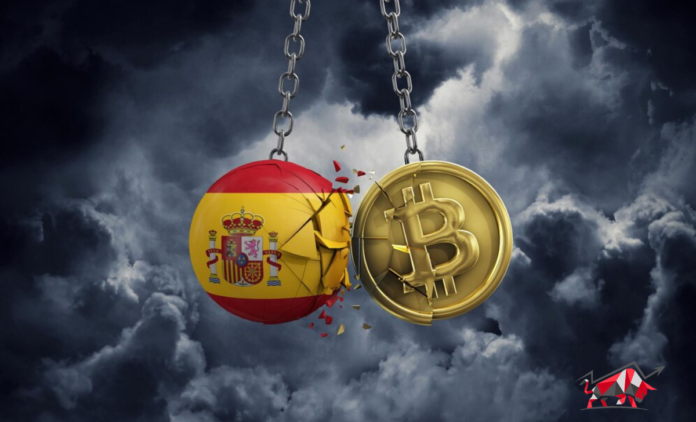The Spanish Ministry of Finance, led by María Jesús Montero, is actively working on legislative reforms to the General Tax Law, specifically Article 162. The goal is to empower the Spanish Tax Agency to identify and seize cryptocurrency assets owned by taxpayers with overdue debts.
New Tax Collection Powers Under Royal Decree
Effective from Feb. 1, a royal decree has expanded the entities with tax collection powers. Previously limited to banks, savings banks, and credit cooperatives, the new decree broadens the scope. This move is part of a larger initiative to enhance the Treasury’s ability to settle tax debts using digital assets.
The Treasury aims to combat tax evasion more aggressively by compelling banks and electronic money institutions to report all card transactions. This proactive stance on financial oversight raises regulatory challenges, as Spain endeavors to swiftly implement various regulations governing the crypto space.
Spanish residents holding crypto assets on non-Spanish platforms face a looming deadline. Until the end of next month, they must declare these holdings to tax authorities as part of the ongoing regulatory changes.
Spanish MiCA Framework Implementation Accelerated
In October 2023, the Spanish Ministry of Economy and Digital Transformation announced that the Markets in Crypto-Assets Regulation (MiCA), the first comprehensive EU crypto framework, will be enforced nationally in December 2025. This accelerates the implementation by six months ahead of the official deadline.
The submission period for Form 721 declarations began on Jan. 1, 2024, and runs until the last day of March. Individual and corporate taxpayers are required to declare the funds stored in their foreign crypto accounts as of Dec. 31, 2023.
Only individuals with balance sheets exceeding the equivalent of 50,000 euros (approximately $54,000) in crypto assets are obligated to declare their foreign holdings. Those utilizing self-custodied wallets must report their holdings through the standard wealth tax Form 714. As Spain actively navigates the evolving crypto landscape, the regulatory changes pose challenges and opportunities for both authorities and crypto asset holders.


